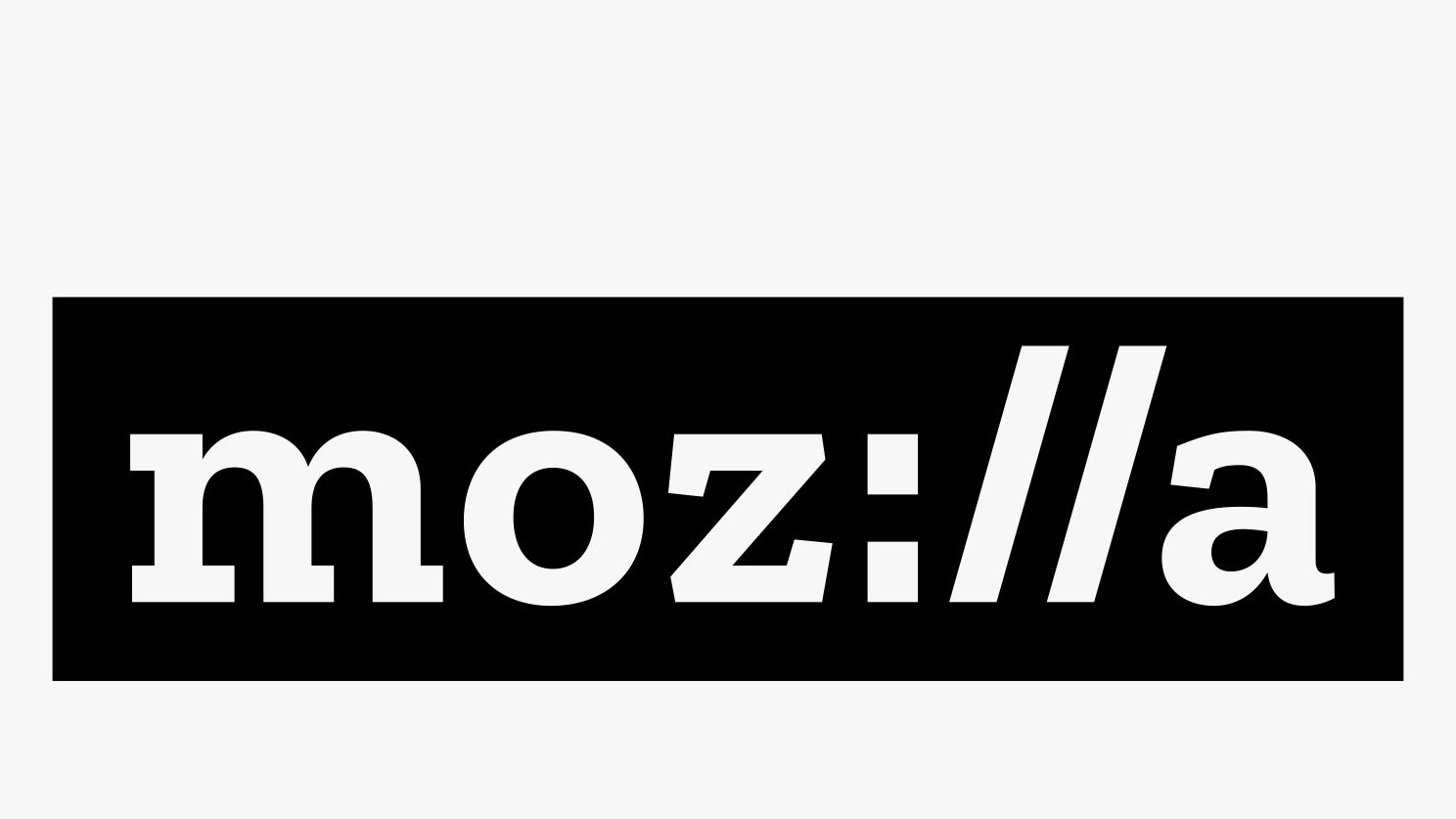Call for Papers
Submission Guidelines
Papers offering research contributions to the area of security standardisation are solicited for submission to the SSR 2019 conference. SSR will also accept Systematisation of Knowledge (SoK) papers relating to security standardisation, which integrate experience and previous research, drawing new comprehensive conclusions. SoK papers should evaluate, systematise, and contextualise existing knowledge. They should provide a new viewpoint, offer a comprehensive taxonomy, or cast doubt on long-held beliefs, based on compelling evidence. We also welcome SoK papers that document existing standardisation practices and analyse their weaknesses and strengths. Papers may present theory, applications or practical experience in the field of security standardisation, including, but not necessarily limited to:
List of Topics
|
access control |
biometrics |
cloud computing |
|
critical national infrastructure protection |
standards consistency & comparison |
critiques of standards |
|
cryptanalysis |
cryptographic protocols |
cryptographic techniques |
|
evaluation criteria |
formal analysis of standards |
history of standardization |
|
identity management |
industrial control systems security |
internet security |
|
interoperability of standards |
intrusion detection |
key management and PKIs |
|
standardisation process management |
mobile security |
network security |
|
open standards and open source |
payment system security |
privacy |
|
regional and international standards |
RFID tag security |
risk analysis |
|
security controls |
security management |
security protocols |
|
security services |
security tokens |
smart cards |
|
telecommunications security |
trusted computing |
web security |
|
blockchain |
Internet of things |
data protection law and regulations |
Committees
Organizing committee
- General Chair: Maryam Mehrnezhad, Newcastle University, UK
- PC co-chair: Thyla van der Merwe, Mozilla, UK
- PC co-chair: Feng Hao, University of Warwick , UK
- Web and social media chair: Ehsan Toreini, Newcastle University, UK
Program Committee
- Steve Babbage, Vodafone, UK
- Liqun Chen, University of Surrey, UK
- Jean Paul Degabriele, TU Darmstadt, Germany
- Orr Dunkelman, University of Haifa, Israel
- Marc Fischlin, TU Darmstadt, Germany
- Britta Hale, Norwegian University of Science and Technology, Norway
- Harry Halpin, INRIA, France
- Tibor Jager, Paderborn University, Germany
- John Kelsey, NIST, USA
- Stephan Krenn, AIT Austrian Institute of Technology GmbH, Austria
- Xuejia Lai, Shanghai Jiaotong University, China
- Thalia Laing, HP, UK
- Tancrede Lepoint, SRI International, USA
- Peter Lipp, Graz University of Technology, Austria
- Shin'Ichiro Matsuo, Georgetown University, USA
- Catherine Meadows, Naval Research Laboratory, USA
- Chris Mitchell, RHUL, UK
- David Naccache, ENS, France
- Andrew Paverd, Microsoft Research Cambridge, UK
- Kenneth Paterson, ETH Zurick, Switzerland
- Mark Ryan, University of Birmingham, UK
- Kazue Sako, NEC, Japan
- Peter Schwabe, Radboud University, The Netherlands
- Ehsan Toreini, Newcastle University, UK
- Claire Vishik, Intel, USA


